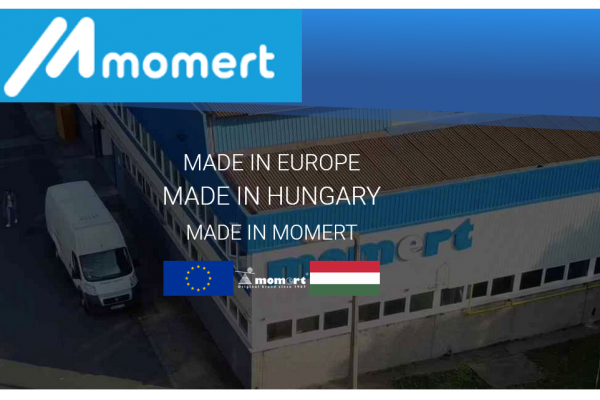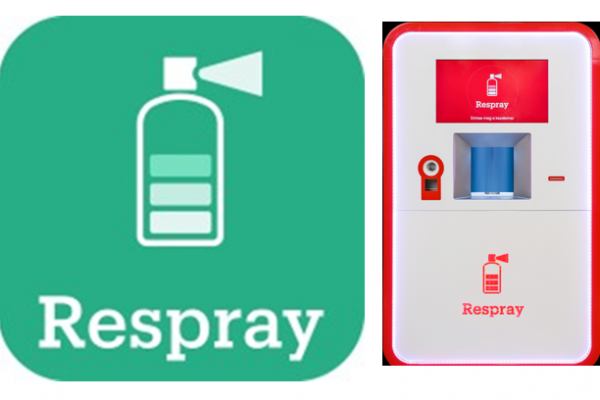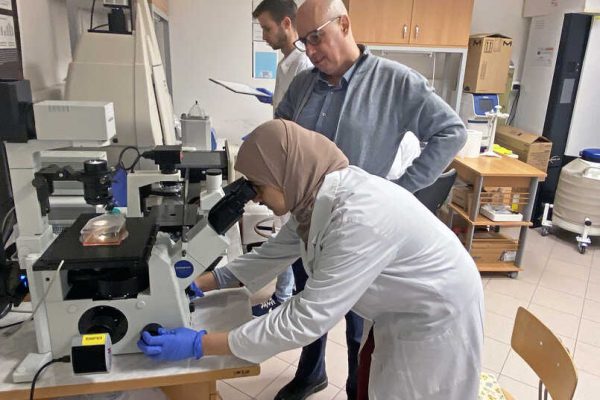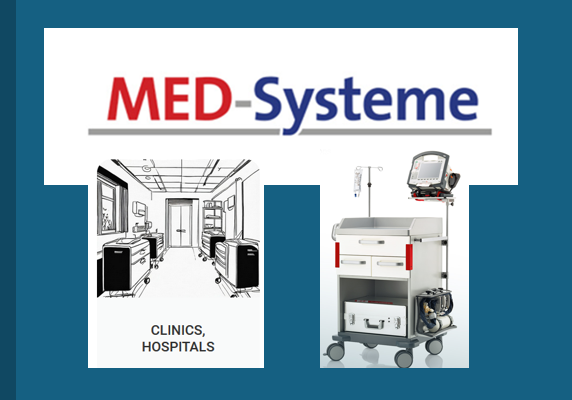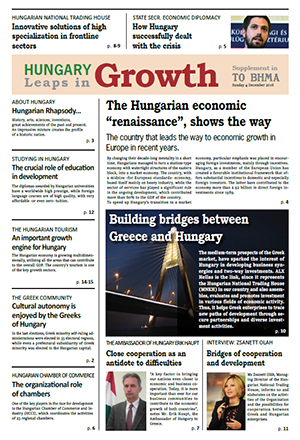Hungarian startup Drukka Digitals has received the best prototype award at the Digital Health Challenge in Germany with a smart solution that improves the lives of those suffering from dementia, according to a press release sent to the Budapest Business Journal.
The Digital Health Challenge, which took place this July 5-7, is one of the most recognized health tech hackathons on the continent, where digital experts come together to deliver solutions to real everyday challenges. The three-day event focused on the effects of digitalization and data analysis on healthcare.
Participants were able to pick a challenge in four categories. Drukka Digitals opted for the creation of a smart home that makes the lives of those suffering from dementia and their families easier and safer. The team came up with a solution that reminds patients about tasks that should never be forgotten, such as turning off the oven or closing the front door.
Bluetooth beacons strategically placed at possible sources of danger first send notifications to the patient through an application, and in case of no reaction, attempt to call attention to the problem using LED lights. If all else fails, the caretaker is notified to avoid danger.
On presenting the product and the business model, Drukka Digitals received the award for best prototype in its category.
“We chose patients living with dementia as currently about 50 million people have dementia around the globe, with 10 million new patients diagnosed every year, so the problem affects many,” says Noémi Molnár, project manager at Drukka Digitals. “The prototype which we created at the competition was fully operational in real time, but we created a business plan that included three different packages: basic, intermediate, and pro. These have an increasing number of functions, meaning that the system could be adjusted to the worsening condition of the patient.”
“Besides gaining a lot of experience and professional knowledge about the digitalization opportunities of healthcare, we also managed to show that, in a short time, we are adaptively able to create a high-standard product that works well in business terms as well,” notes Zsuzsanna Kakucsi, UX designer at the startup.
Source: BudapestBusinessJournal






